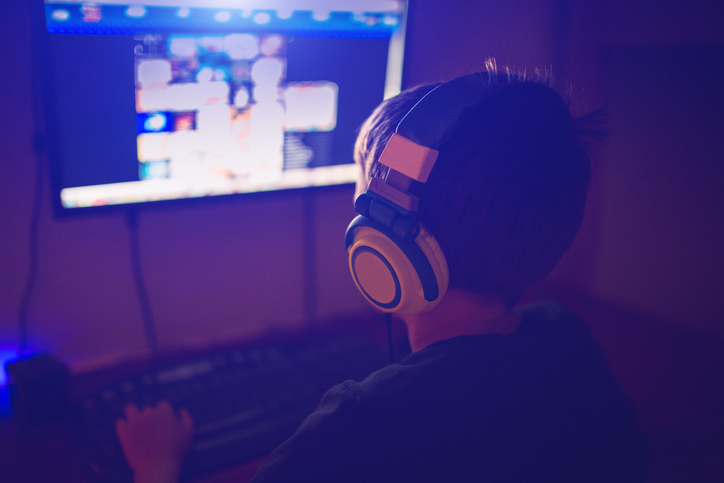#NoFilter: The inevitable cost of a workaholic culture

 My social media feeds recently exploded over news about a pending video game release called Red Dead Redemption 2, produced by a studio called Rockstar Games.
My social media feeds recently exploded over news about a pending video game release called Red Dead Redemption 2, produced by a studio called Rockstar Games.
“Red Dead Redemption 2’s’ 100-Hour Work Weeks Spark Video Game Industry Outrage” declared one headline on Variety, while Inc.com lamented that the alleged working hours were “amazing, depressing, and infuriating all at once”.
Dan Houser, co-founder of Rockstar Games, later clarified that the 100-hour weeks only applied to the senior writing team, and that too only during the “final lap” of game production.
“That additional effort is a choice, and we don’t ask or expect anyone to work anything like this,” he said.

In Japan, karoshi – litereally ‘death by overwork’– is practically endemic. Likewise in South Korea, where they call it gwarosa.
The detrimental effects of overworking have been well-documented.
One study by the University College of London, which involved more than half a million participants, showed that office workers who put in more than 55 hours a week were at a greater risk of stroke and heart attacks than those who worked 35 to 40 hours.
Long hours have also been linked to sleep impairment, addictions, and depression.
As one of Houser’s former employees told games website Kotaku:
“I was pushed further into depression and anxiety than I had ever been while I worked there. My body was exhausted, I did not feel as though I was able to have any friends outside of work, I felt like I was going insane for much of my time there, and I started drinking heavily.”
But overworking is hardly limited to the video game industry. Silicon Valley’s tech giants are infamous for it – going so far as to provide breakfast, lunch, dinner, and even bunk beds and showers, so that employees never have a reason to leave the office.
In Japan, karoshi – litereally ‘death by overwork’– is practically endemic. Likewise in South Korea, where they call it gwarosa.
It’s true that some people are just more naturally inclined to a single-minded focus on work. But the fact is, business pressures are the big culprits.
Because organisations often haven’t invested enough resources – people, time, and money – to get the job done.
Because some organisations expect employees to live and breathe the company’s success, even if that means working weekends to finish a project.
Because even though leaders like Rockstar Games’ Houser say that they don’t “expect” anyone else to put in 100-hour work weeks, they’ve still set the example of doing exactly that. And a company’s culture lives or dies by the actions of its leadership, not its words or intentions.
It is no doubt tempting for employers to dismiss the concerns. After all, they’re getting more bang for their buck with every extra hour put in, and if they aren’t forcing their employees into it, where’s the problem?

This column first appeared in the December-January 2019 issue of HRM Magazine Asia. Check out the rest of the issue here: December-January 2018 |
Ultimately however, when employees have to slave away at a job, they end up exhausted and disengaged – two mental states which are not conducive to creativity or innovation.
It’s also inevitable that these workers will ditch their employers at the first sight of a lifeboat, and leave a telling review on Glassdoor on their way out.
The impacts on productivity, team morale, and the employer brand weigh far more heavily than any short-term savings on headcount.
In this era of unprecedented technological advancement, there really should be no reason for companies to continue pushing a mindset of workaholism.
Automation and artificial intelligence are just two of the emerging technologies that can, at the very least, free up part of the labour burdens placed on human workers.
Or companies can do like the Seoul Civil Service, and remotely shut down all computers on Fridays at 7:00pm.
It’s not a matter of morals. It’s just plain common sense for businesses looking at their long-term survival.



